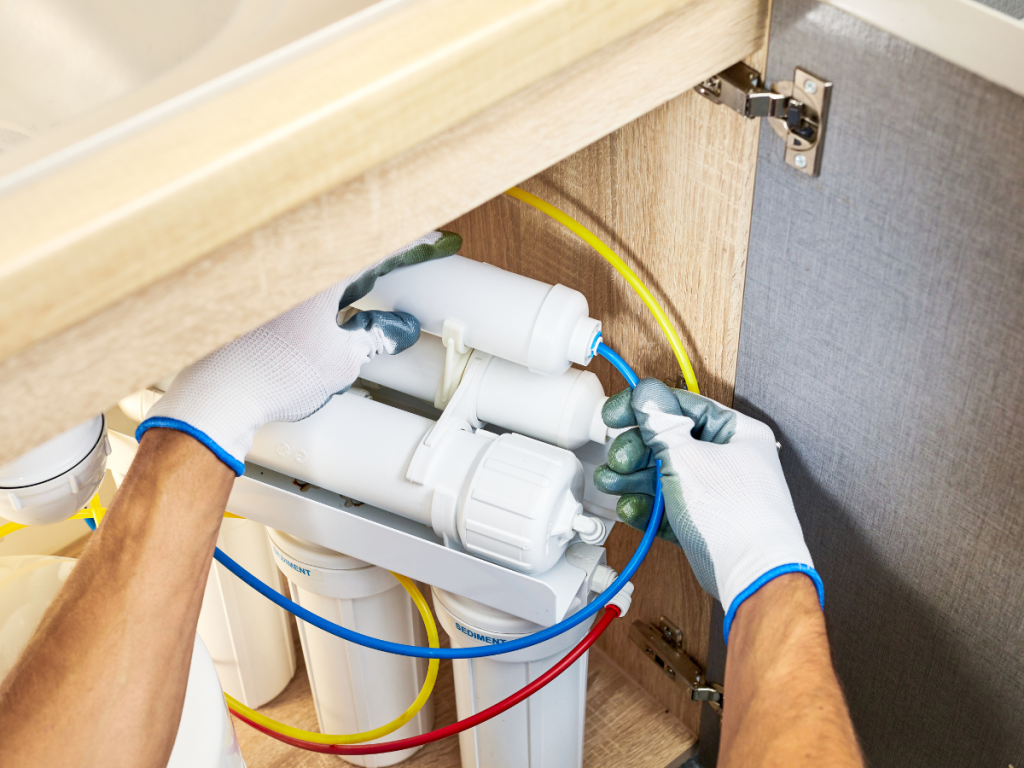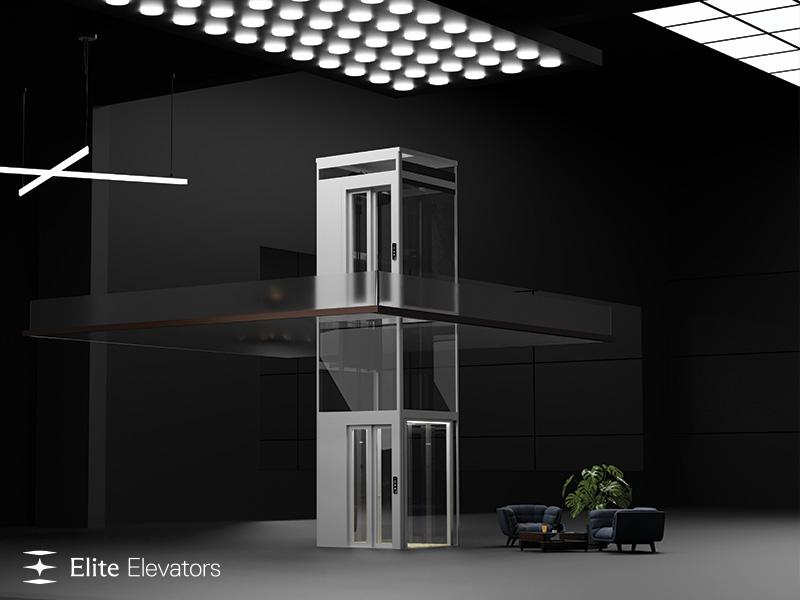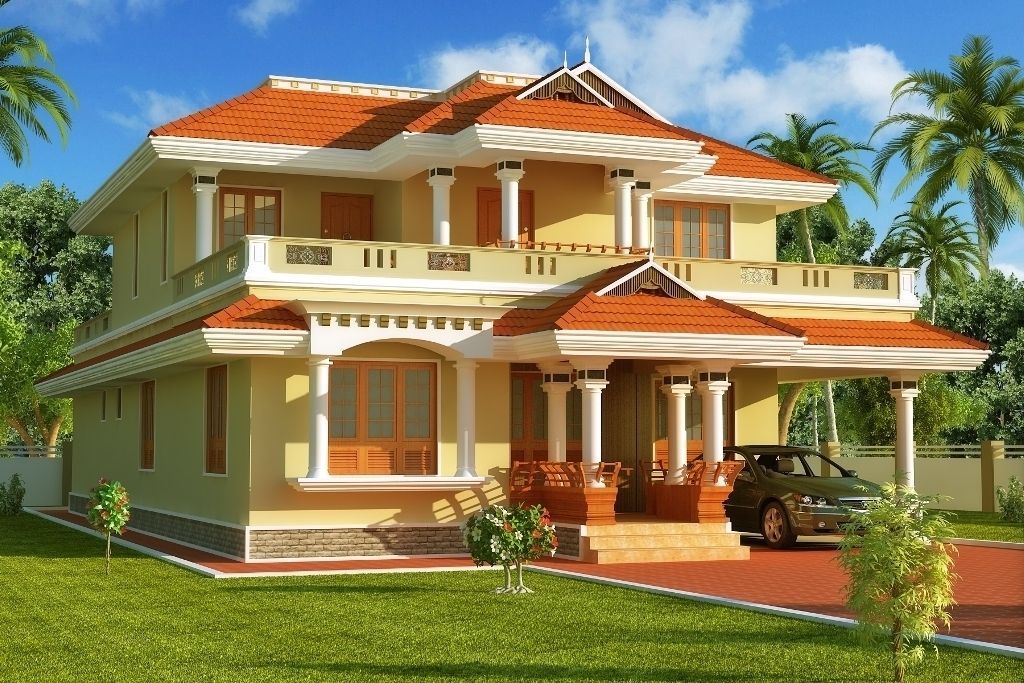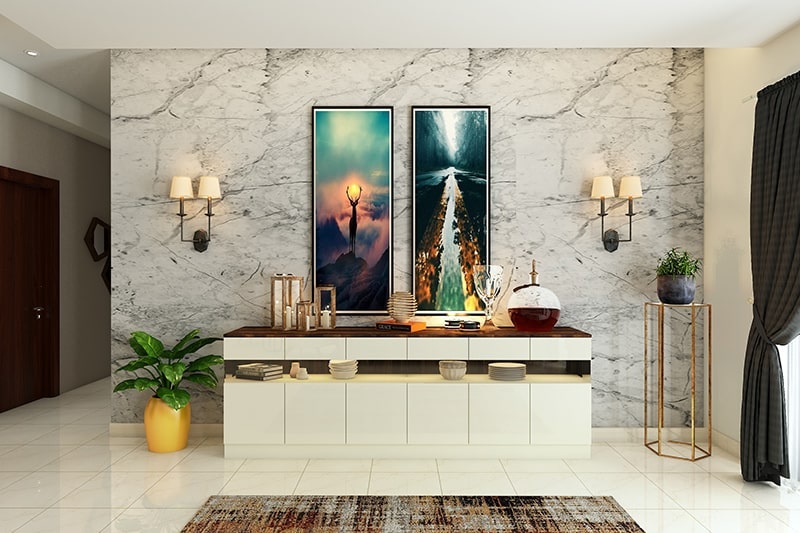Incorporating technology into modern luxury interiors has revolutionized how we experience and interact with our living spaces. From smart home systems to advanced entertainment setups, technology enhances convenience, comfort, and aesthetics, creating a seamless blend of luxury and innovation. This blog explores the pivotal role of technology in modern luxury interiors, highlighting advanced features and unique integrations that elevate the home experience.
1. Smart home systems
Smart home technology provides unparalleled convenience, allowing homeowners to control various aspects of their living environment through integrated systems.
Key features:
Voice and app control: control lighting, climate, security, and entertainment systems using voice commands or mobile apps.
Automation: automate daily routines such as lighting schedules, temperature adjustments, and security monitoring.
Statistical insight: according to statista, the global smart home market is projected to grow to $182 billion by 2025, with a significant portion driven by luxury homeowners seeking advanced home automation.
Benefits:
Convenience: simplifies daily tasks and enhances comfort by automating home functions.
Energy efficiency: smart systems optimize energy use, reducing utility costs and environmental impact.
2. Advanced lighting solutions
Lighting technology has advanced significantly, offering both functional and aesthetic benefits for luxury interiors.
Key features:
Smart lighting: control the intensity, color, and scheduling of lights through apps and voice commands.
Ambient and task lighting: create customizable lighting scenes for different activities and moods.
Statistical insight: a survey by the american lighting association (ala) found that 70% of luxury homeowners prioritize smart lighting systems for their ability to enhance ambiance and functionality.
Benefits:
Mood enhancement: adjust lighting to suit different times of day and activities, creating the perfect ambiance.
Aesthetics: highlight architectural features and decor elements with precision lighting.
3. Home entertainment systems
High-end home entertainment systems offer an immersive and luxurious media experience.
Key features:
Home theaters: equipped with state-of-the-art audio-visual equipment, including 4k projectors, surround sound systems, and acoustic treatments.
Multi-room audio: integrated audio systems that allow music to be played seamlessly throughout the home.
Statistical insight: according to a report by avixa, the global market for high-end home entertainment systems is expected to reach $56 billion by 2024, driven by demand for premium audio-visual experiences.
Benefits:
Immersive experience: enjoy cinema-quality audio and visuals in the comfort of your home.
Seamless integration: control all entertainment devices from a single interface.
4. Smart kitchens
The kitchen is a focal point in luxury homes, and technology has transformed it into a highly functional and stylish space.
Key features:
Smart appliances: refrigerators, ovens, and dishwashers that can be controlled remotely and provide real-time updates and notifications.
Integrated systems: touchscreen interfaces and voice controls for managing recipes, shopping lists, and more.
Statistical insight: the national kitchen & bath association (nkba) reports that 60% of luxury kitchen renovations include smart appliances and integrated technology.
Benefits:
Efficiency: streamlines cooking and cleaning processes, saving time and effort.
Modern aesthetics: sleek, high-tech appliances enhance the kitchen’s overall design.
5. Climate control and energy management
Advanced climate control and energy management systems ensure optimal comfort and efficiency in luxury homes.
Key features:
Smart thermostats: automatically adjust temperature settings based on occupancy and preferences.
Energy monitoring: track energy usage in real-time and receive insights on how to reduce consumption.
Statistical insight: according to the u.S. Department of energy, smart climate control systems can reduce energy consumption by up to 30%.
Benefits:
Comfort: maintain the perfect indoor temperature regardless of external conditions.
Cost savings: reduce energy bills through efficient management.
6. Security and surveillance
State-of-the-art security systems provide peace of mind by protecting luxury homes with advanced technology.
Key features:
Smart locks and cameras: control access to the home and monitor security cameras remotely.
Alarm systems: integrated alarms that can be triggered by unauthorized access or unusual activity.
Statistical insight: a study by parks associates found that 55% of luxury homeowners invest in advanced security systems to safeguard their properties.
Benefits:
Enhanced security: monitor and control security measures from anywhere in the world.
Integration: seamlessly integrates with other smart home systems for comprehensive home management.
7. Wellness and health technology
Luxury homes increasingly incorporate technology that promotes health and well-being.
Key features:
Air and water purification: advanced filtration systems ensure clean air and water throughout the home.
Fitness and wellness spaces: home gyms equipped with smart fitness equipment, and wellness rooms with features like infrared saunas and meditation pods.
Statistical insight: the global wellness institute reports that the integration of wellness technology in homes has increased by 35% in recent years.
Benefits:
Health: improve overall well-being with technology that promotes a healthy lifestyle.
Convenience: access to advanced health and wellness features without leaving home.
8. Integrating technology seamlessly
The key to successful integration of technology in luxury interiors is ensuring it enhances the home without overpowering the design.
Key strategies:
Concealed systems: hide wires and devices within walls, floors, and furniture for a clean look.
Design harmony: choose tech devices that complement the home’s design aesthetic.
Statistical insight: a survey by home technology association (hta) found that 65% of luxury homeowners prefer technology that integrates seamlessly with their interior design.
Benefits:
Aesthetic appeal: maintain the beauty and elegance of the home while enjoying advanced technology.
Functionality: ensure technology enhances rather than detracts from the overall living experience.
Conclusion
Technology plays a crucial role in modern luxury interiors, offering enhanced convenience, comfort, and aesthetics. From smart home systems and advanced lighting solutions to state-of-the-art entertainment and wellness technology, these innovations transform how we live and interact with our spaces. By integrating technology seamlessly and thoughtfully, homeowners can create a luxurious and sophisticated environment that meets their needs and reflects their style.








Comments